For businesses, securing a commercial space, expanding a building, or launching a new startup all involve commercial lease agreements. Many local owners recognize that Hawaiʻi business insurance coverages are also part of this responsibility, but many are unsure of their individual requirements. This can lead to costly coverage gaps or even legal consequences for some violations.
Business owners in Hawaiʻi understand the importance of maintaining compliance, securing their commercial property, and protecting their assets. But how can they do this effectively? This article breaks it down, covering essential insurance policies and key requirements to help ensure businesses are both protected and compliant.
Why is Insurance Mandatory in Commercial Lease Agreements?
Leasing commercial property to businesses is only part of the equation; property owners also need to focus on risk management. To keep those two factors in balance, building owners make insurance a mandatory part of their commercial lease agreements to make sure the tenant will be financially responsible for any damage or liability that results from their operations.
As a business tenant leasing a property in Hawaiʻi, you become responsible for liabilities related to visitor safety, structural damage, and more. This is significant in all states, but businesses in Hawaiʻi can be particularly vulnerable. Extreme weather conditions, high property values, and large surges of tourist activity combine into a much higher risk profile than other states, leading to higher insurance requirements.
5 Insurance Policy Requirements that Businesses Should Know
Not all commercial leases in Hawaiʻi require the same insurance coverage, but most of them will include one or more of these 5 policy types:
1. General Liability Insurance
Commercial general liability (CGL) insurance is the most common requirement in commercial lease agreements. It covers potential bodily injury, property damage, and other liabilities as a result of the normal operations of the business. The liability requirement is commonly at least $1 million per occurrence, but this varies between contracts.
2. Property Insurance
Another common insurance requirement is property insurance, which protects the owner’s inventory, equipment, and other property assets of the business from theft or damage. Business owners who make significant improvements to the property may need to separately insure these under their existing property insurance.
3. Business Interruption Insurance
 Some leases require business interruption insurance to cover the loss of income due to an unforeseen event, such as a hurricane, fire, or burglary. If the business has to temporarily close, this insurance helps tenants pay their rent and keep their leases. This is especially important in Hawaiʻi, where unforeseen weather events or tourist peaks often cause unexpected business interruptions.
Some leases require business interruption insurance to cover the loss of income due to an unforeseen event, such as a hurricane, fire, or burglary. If the business has to temporarily close, this insurance helps tenants pay their rent and keep their leases. This is especially important in Hawaiʻi, where unforeseen weather events or tourist peaks often cause unexpected business interruptions.
4. Workers’ Compensation Insurance
Workers’ compensation is a legal requirement in Hawaiʻi, but it is also usually required in commercial leases. This insurance pays for workers’ injuries, including medical costs and lost wages, in the event of a work-related accident.
5. Commercial Auto Insurance
Many businesses use vehicles during operations, and in some cases, employees drive their own vehicles. In both situations, vehicles should be properly insured to prevent liability gaps in case of an accident, and again, this is frequently a requirement found in many commercial leases as a signing condition.
4 Terms that Business Owners Should Recognize
In addition to these types of insurance, businesses should recognize these industry terms related to commercial lease agreements:
- “Additional Insured,” refers to additional parties on a policy that are empowered to file claims, typically the landlord
- “Indemnity Clause,” means the business could be at legal or financial fault for certain damages
- “Waiver of Subrogation,” prevents the insurer of the business from suing the landlord’s insurance carrier for the claim
- “Proof of Insurance,” is a document usually required before signing a commercial lease
These are not the only terms that business owners in Hawaiʻi need to know. As such, any business with a current commercial lease or a plan to sign one should partner with a local insurance agency that knows compliance and insurance requirements specific to Hawaiʻi.
Partner with an Experienced Local Firm to Insure Your Hawaiʻi Business Insurance Needs

At Atlas Insurance, our team of local experts leverages over 95 years of experience helping businesses in Hawaiʻi secure and maintain the insurance they need. Our agents know the insurance requirements of each area, so our clients are never left unprotected or non-compliant when disaster strikes.
Contact our team today to learn how a commercial lease agreement may impact your insurance requirements and what you can do to keep your Hawaiʻi-based business protected from anything that comes its way.
